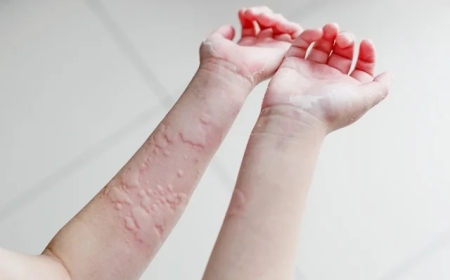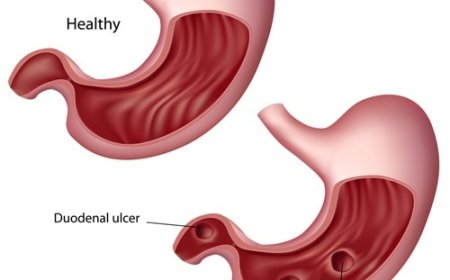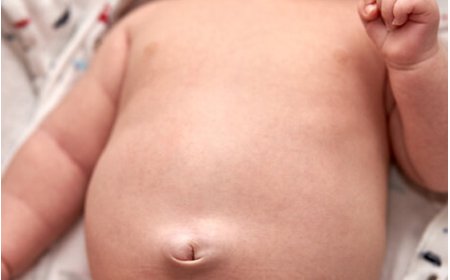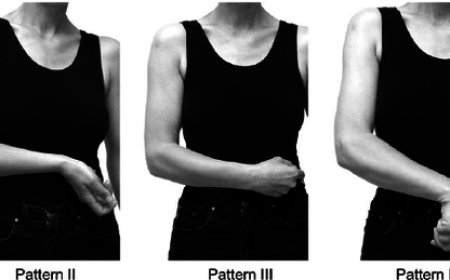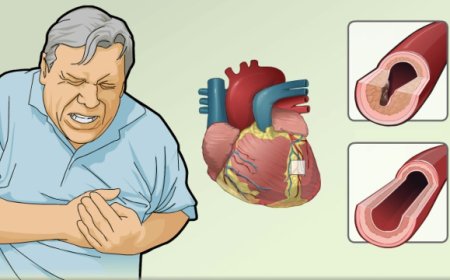Nocturnal Enuresis
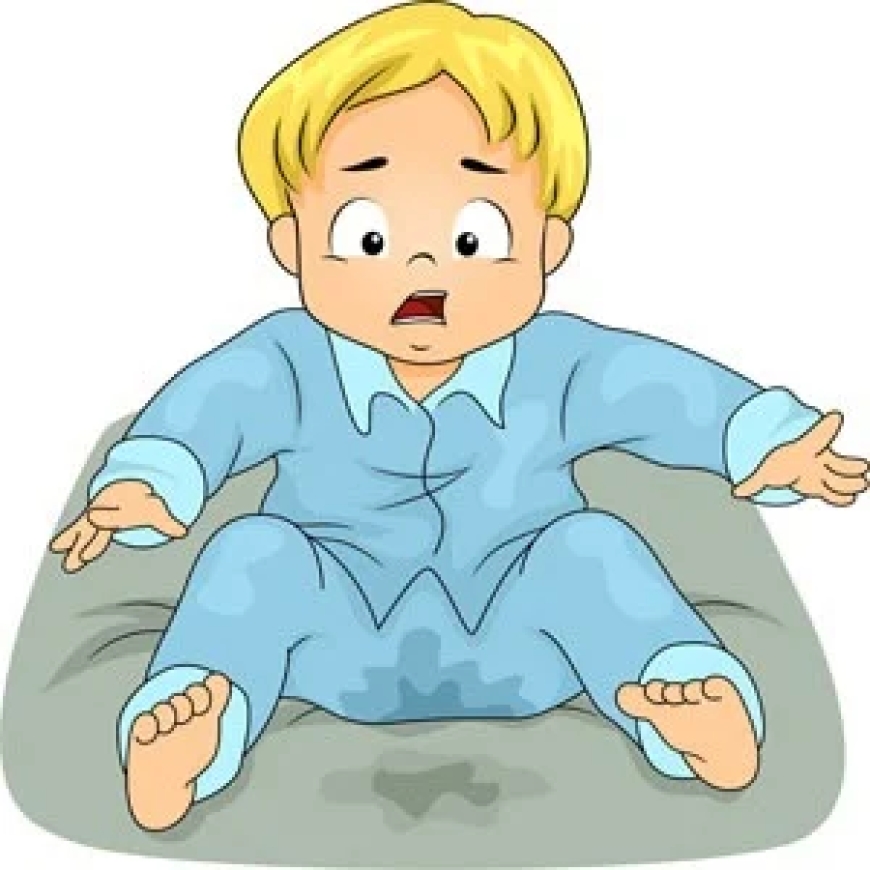
Introduction:
In the enchanting land of India, where dreams and aspirations take flight, some children face a common challenge - Nocturnal Enuresis. Today, we will embark on a journey to explore the world of Nocturnal Enuresis, its significance, classifications, causes, risk factors, different types, the importance of diagnostic tests, treatments, complications, and some simple ways to ensure sweet dreams and dry nights for all the children in India. So, let's embark on a quest of knowledge and understanding, where we embrace empathy and support for those facing Nocturnal Enuresis, ensuring they find comfort and confidence on their dreamy journey.
What Is Nocturnal Enuresis? :
Nocturnal Enuresis, also known as bedwetting, is like a little rain shower during the night, where a child accidentally passes urine while sleeping. It is a common condition, but with the right care and understanding, children can overcome it.
How Is Nocturnal Enuresis Classified? :
Nocturnal Enuresis can be classified based on the age of the child and the frequency of bedwetting. Some common classifications include:
- Primary Nocturnal Enuresis: When a child has never been consistently dry at night, it is called primary enuresis.
- Secondary Nocturnal Enuresis: If a child starts wetting the bed after being dry at night for at least six months, it is called secondary enuresis.
Causes and Triggers:
The reasons behind Nocturnal Enuresis can be like a mystery waiting to be solved. Some common causes and triggers for bedwetting in India include:
- Delayed Bladder Maturity: Some children may take longer to develop bladder control during the night.
- Family History: If a child's parents or siblings had bedwetting issues, the child may be more likely to experience it too.
Risk Factors with Examples:
Certain factors can increase the risk of Nocturnal Enuresis, just like some children may be more prone to catching a cold during the monsoon season. Some risk factors include:
- Age: Bedwetting is more common in younger children, but it can happen to children of any age.
- Stress: Children experiencing stress or life changes may be more susceptible to bedwetting.
Types of Nocturnal Enuresis with Detailing for Each Type:
Nocturnal Enuresis can be divided into different types based on the pattern of bedwetting. Some common types include:
- Nocturnal Monosymptomatic Enuresis: When a child only experiences bedwetting without any other urinary issues, it is called nocturnal monosymptomatic enuresis.
- Nocturnal Non-Monosymptomatic Enuresis: If a child has bedwetting along with other urinary symptoms, it is called nocturnal non-monosymptomatic enuresis.
Diagnostic Tests and Treatments:
To diagnose Nocturnal Enuresis, doctors may ask questions about the child's bedwetting pattern and may perform a physical exam. Some common treatments include:
- Alarm Therapy: Using a bedwetting alarm that rings when the child starts to wet the bed, helping them wake up and use the restroom.
- Behavioral Strategies: Encouraging the child to empty their bladder before bedtime and limiting fluid intake in the evening.
Complications of Nocturnal Enuresis and Prevention Techniques:
Nocturnal Enuresis can lead to emotional distress and affect a child's self-esteem. To prevent bedwetting, children can practice simple techniques like using the restroom before bed and avoiding drinks with caffeine in the evening.
Nocturnal Enuresis might be a common challenge faced by some children in India, but with empathy and support, they can overcome it and enjoy sweet dreams and dry nights. Just like caring friends and family, we can provide understanding and encouragement to those facing Nocturnal Enuresis, helping them find comfort and confidence on their journey. By embracing empathy and spreading awareness, we can ensure a nation where all children experience sweet dreams, dry nights, and the joy of waking up to a new day filled with dreams and aspirations ready to take flight.
What's Your Reaction?
 Like
0
Like
0
 Dislike
0
Dislike
0
 Love
0
Love
0
 Funny
0
Funny
0
 Angry
0
Angry
0
 Sad
0
Sad
0
 Wow
0
Wow
0


























































